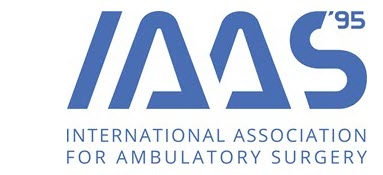It is more than a year since the WHO declared the COVID-19 outbreak a global pandemic. Surgical activity was significantly decreased or suspended in affected countries as the surgical pathway was reconfigured to ensure patient and clinician safety. The resumption of surgical interventions and procedures followed the introduction of widespread and targeted COVID-19 testing and vaccination programmes should permit an eventual return to pre-COVID-19 levels of activity. In many countries, however, the accumulated backlog of surgical patients awaiting operation is at an all-time high. Furthermore, many patients have been reluctant to seek surgical help during the pandemic due to safety fears and this is reflected in the low number of surgical referrals from primary care in this period. As a result, this covert cohort of potential patients awaiting operation has not yet been accurately quantified, but it seems likely that the backlog as currently measured is a significant underestimation of future demand. A return to pre-COVID levels of activity using the traditional inpatient hospital pathways will never clear this global backlog. Extending the working week through extra evening and weekend operating sessions may be limited by staff or bed restrictions and may prove too costly for many healthcare systems. As COVID-19 eventually comes under control, patients will again demand shorter waiting times and alternative strategies are required. Ambulatory surgery offers a cost-effective and quality pathway for both patient and hospital, and remains an underutilized option for routine elective surgery worldwide. This is a timely opportunity to demonstrate the value of Ambulatory Surgery as a key component of any strategy to combat the global backlog, by maximizing the number of recognized ambulatory procedures performed, and by introducing new ambulatory procedures to a hospital’s portfolio. The IAAS encourages all our members to assist in this task of promoting Ambulatory Surgery both locally, in their own hospital or healthcare environment, and where possible, by lobbying regional and national providers of healthcare. In this way, we can all participate in reducing waiting times for much-needed surgery, and offer our patients the safe and quality experience they deserve.
